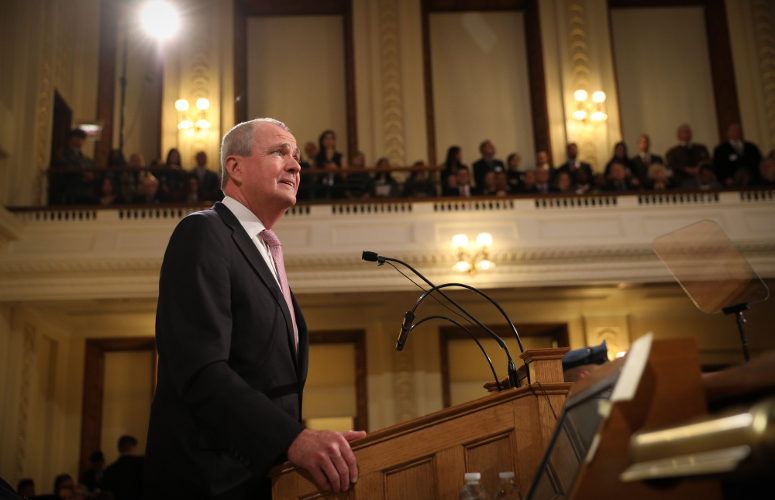
In-Between 2 Budgets: A Look at NJ’s Fiscal Issues
By Chris Emigholz, NJBIA Vice President of Government Affairs On Jul 30, 2020We are in a unique and unprecedented time in our history, and New Jersey’s fiscal situation is no different. Lawmakers enacted a first-of-its-kind three-month budget at the end of June to extend the current FY 2020 state budget, and now with a quick turnaround, an upcoming nine-month FY 2021 budget requires September approval.
As New Jersey debates this next state budget, it is important to keep in mind the four fiscal tools at our disposal: 1) federal relief that can fill state budget holes, 2) spending cuts, 3) borrowing, and 4) revenue raisers. Some combination of these options will be necessary to bridge the budget challenges that the COVID-19 pandemic has wrought on our state finances.
NJBIA has been urging lawmakers to make the right choices within these four types of budget solutions, and, thankfully, the three-month budget did not rely on the tools that could hurt our future state economy – excessive borrowing and new taxes. Going forward, the association hopes New Jersey’s policymakers continue to avoid the options that will hurt business. With that in mind, here’s a look at some of the options lawmakers have at their disposal.
First Tool – Federal Relief: New Jersey state government has no direct control over how much federal assistance it receives, but people can agree that it is the easiest solution without much of a downside for our state finances. NJBIA has lobbied for federal relief and has been happy to see our congressional representatives lead on this issue. Hopefully, New Jersey gets enough federal aid to make the other three tools less necessary.
Second Tool – Spending Cuts: NJBIA believes that real spending cuts and structural reforms should be a major part of the FY 2021 budget. This awful crisis presents the state with an opportunity to right-size costly state and local governments, and NJBIA hopes it is not wasted. The association supported the recent health savings and furlough laws and hopes that pension reform could follow. It is critical that the state look at every possible savings before considering the third and fourth tools that should be a last resort.
Third Tool – Borrowing: Limited and well-planned borrowing could help avoid tax increases or certain spending cuts that could trigger economic contraction. But NJBIA is concerned the state may borrow too much, substituting loans for appropriate spending cuts and doing it before fully understanding the extent of the need. Too much borrowing just to save one state budget will cause debt service to spiral out of control, making many future state budgets even more difficult.
Fourth Tool & Last Resort – Revenue Raisers: New Jersey is already one of the highest taxing states in the nation, if not the highest. In fact, NJBIA routinely fought against tax increases proposed in the past two budgets during a record-long economic expansion that had generated plenty of revenues. Increasing taxes should not be a solution in this current economic crisis. Simply put, businesses have been pushed to the brink with a prolonged shutdown and slow reopening. The goal here should be to help as many of these businesses survive so they can create jobs and generate the tax revenues New Jersey counts on. Increasing the already high tax burden would only push more enterprises toward shutting their doors permanently.
As New Jersey is in-between two state budgets and facing difficult fiscal choices, NJBIA hopes policymakers choose solutions that help the business community and the economy. Decisions that prioritize our state’s economic well-being will benefit upcoming budgets and all taxpayers, and we will emerge from this in-between period stronger than ever.
To access more business news, visit NJB News Now.
Related Articles:





